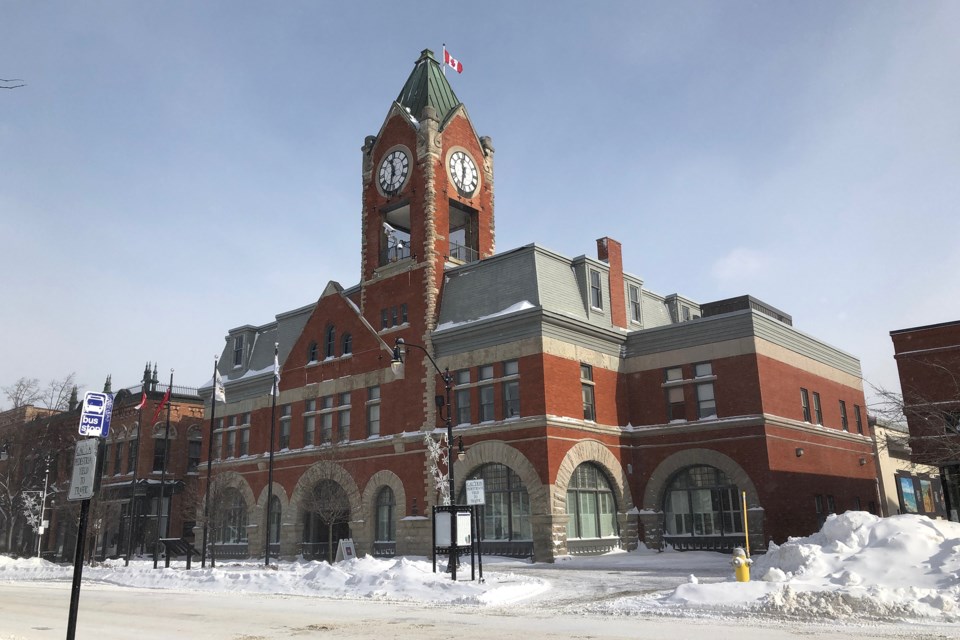Anyone wanting to lobby town officials will now have to add their name to the registry, or face the consequences.
On Monday night (Jan. 20), town council voted unanimously in favour of implementing a lobbyist registry in Collingwood. Local lobbyists now have six months to educate themselves on the process before penalties will start to be enforced.
“I think, the bottom line here is that lobbying, in itself, is not a bad activity. It’s just about making sure it’s done appropriately and with full disclosure,” said Mayor Brian Saunderson.
A lobbyist is anyone who will be attempting to move an item (such as a purchase or project) forward for financial return (direct or indirect) by contacting the municipality outside of regular approval processes.
Lobbyists can be consultants, or can be employed by a company or business. The registry will also require volunteer or unpaid lobbyists to submit their information.
In August 2019, the town hired Sarah Fortier as accountability officer. One of her first tasks was to research the creation and implementation of a lobbyist registry for Collingwood.
The registry will require anyone contacting staff or council person to lobby make their intentions and employer/contractor known in writing to the town within 10 days of any meeting.
The registry would be publicly available and include information such as the name of the lobbyist, their title and business information. It would also include notes on the subject matter or issue being discussed and with whom it is being discussed.
The Collingwood Judicial Inquiry has included evidence and testimony that delves into the lobbying efforts of Paul Bonwick, the former mayor Sandra Cooper’s brother, on behalf of PowerStream and BLT Construction. Both paid Bonwick a consulting fee and both were successful bidders for the town. PowerStream purchased 50 per cent of Collingwood’s electric utility, and BLT Construction was awarded the contract to build Central Park Arena and Centennial Aquatic Centre.
Coun. Kathy Jeffery asked for clarity on the time period in which a lobbyist is required to register.
“I’m having trouble connecting the benefit of having something registered 10 days after a conversation. I always had in my mind that a registration would have to occur before a conversation occurred,” she said.
Clerk Sara Almas said ideally lobbyists would register prior to any lobbying and that idea will be pushed during the education period, however, the 10 days is more of a grace period.
“We’re definitely going to be monitoring that,” said Almas.
For Coun. Steve Berman, the implementation of the registry has been a long time coming.
“I was taking a trip down memory lane on the weekend in the eight years I’ve been following (local) politics. I... lobbied council in 2012 to create a lobbyist registry,” he said. “I’m thrilled that after eight years, we finally have one.”
According to the staff report, no penalties will be enforced during the first six months the registry is active. The initial months will serve as an educational period to ensure openness and accountability is achieved with the program. At the conclusion of the six-month education period, a review of the program will be undertaken, with any recommendations including those, if any, from the judicial inquiry incorporated.
- with files from Erika Engel

